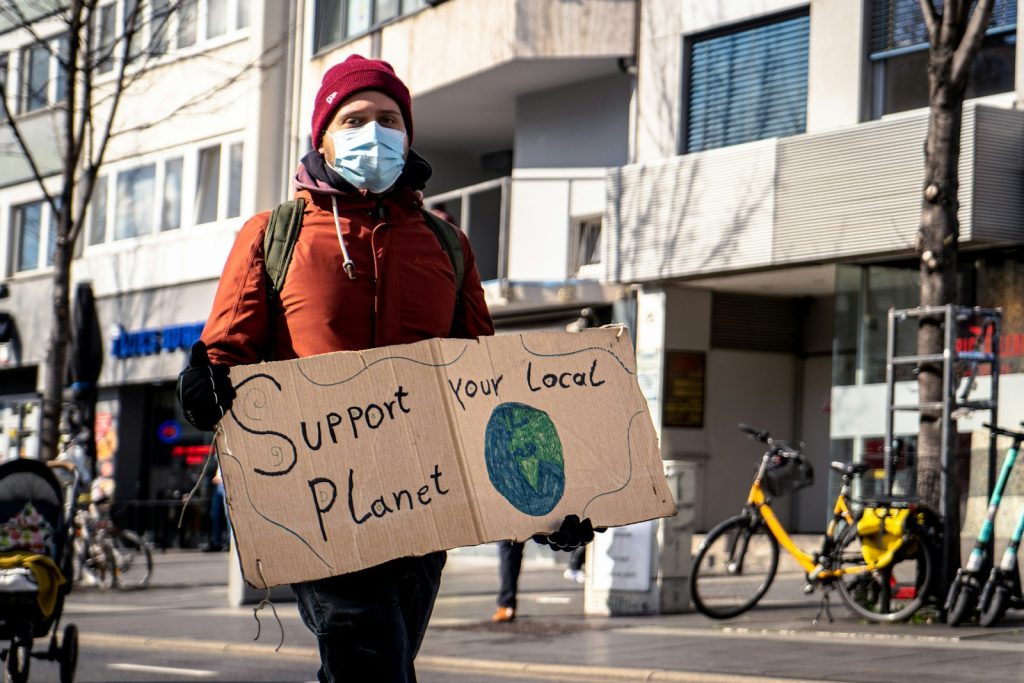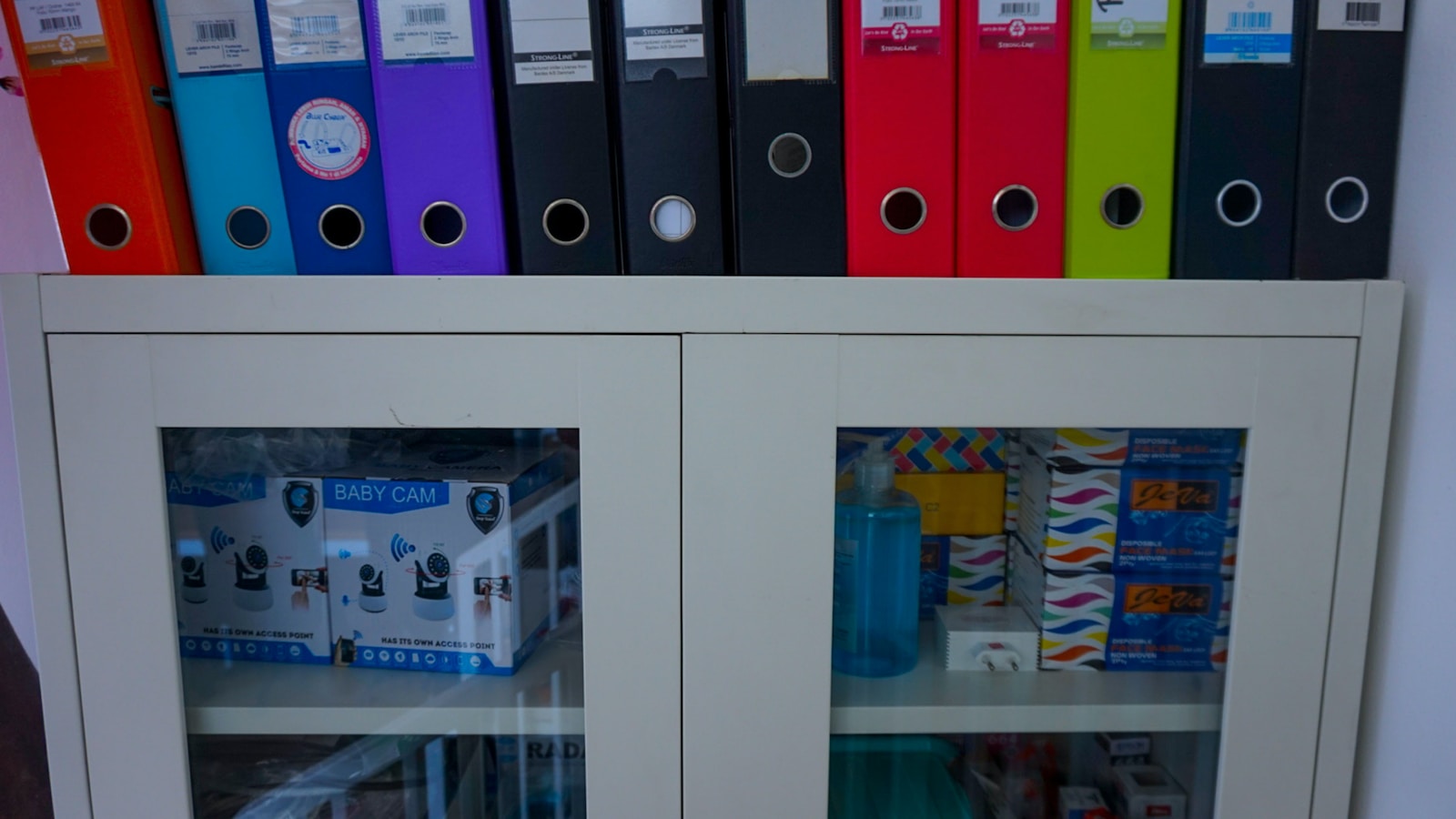The fashion industry has a significant impact on the environment, with issues such as pollution, waste, and unethical labor practices often associated with traditional fashion production. However, a growing movement towards sustainable and ethical fashion has emerged, offering investors the opportunity to support eco-friendly initiatives while also seeking financial returns. In this guide, we will explore the concept of ethical investment in the context of eco-fashion initiatives, discuss its importance, and provide insights into potential investment opportunities.
Understanding Ethical Investment in Eco-Fashion
What is an ethical investment?
Ethical investment, also known as socially responsible investing (SRI) or sustainable investing, refers to the practice of selecting investments that align with an individual’s values and ethical principles. In eco-fashion initiatives, ethical investment involves supporting companies that prioritize sustainability, environmental stewardship, fair labor practices, and social responsibility throughout their supply chains.
Why is ethical investment important in the fashion industry?
The fashion industry is one of the largest contributors to global pollution and waste. From the excessive use of water and chemicals in textile production to the exploitation of workers in low-wage countries, numerous ethical issues plague the industry. Ethical investment in eco-fashion initiatives helps address these concerns by channeling financial resources towards companies that prioritize sustainable practices, use eco-friendly materials, and promote fair labor conditions.
Benefits of ethical investment in eco-fashion Initiatives
Ethical investment in eco-fashion initiatives offers several benefits. Firstly, it allows investors to support companies that are actively working towards reducing their environmental impact and promoting social responsibility. Secondly, it can generate financial returns, as the demand for sustainable and ethical fashion is on the rise. By investing in eco-fashion, investors can tap into a growing market segment and potentially achieve long-term financial gains.
Investment Opportunities in Eco-Fashion Initiatives
Sustainable fashion brands
Investing in sustainable fashion brands is a primary opportunity for ethical investors in the eco-fashion space. These brands prioritize environmentally friendly practices and often use organic or recycled materials in their production processes. They also prioritize fair labor practices and transparency in their supply chains. By investing in such companies, investors can support the growth of sustainable fashion and potentially benefit from their success.
Eco-friendly textile innovations
Investing in companies that develop and produce eco-friendly textiles is another promising opportunity in the eco-fashion sector. These companies focus on developing sustainable alternatives to conventional textiles, such as fabrics made from recycled materials, organic fibers, or innovative materials like Piñatex (made from pineapple leaves) or Tencel (made from wood pulp). By investing in these companies, investors can contribute to the reduction of environmental harm caused by traditional textile production.

Recycling and upcycling initiatives
Investing in recycling and upcycling initiatives within the fashion industry is also gaining traction. These initiatives focus on reducing textile waste by repurposing and reusing materials. Some companies specialize in collecting and recycling fabric waste, while others transform discarded textiles into new and fashionable products. By investing in these initiatives, investors can support the circular economy model and contribute to the reduction of fashion waste.
Supply chain transparency technology
Investing in companies that develop technologies to enhance supply chain transparency is another area of opportunity in ethical investment within the eco-fashion sector. These technologies enable brands to track and trace their supply chains, ensuring that ethical and sustainable practices are followed at every stage. By investing in such companies, investors can support the improvement of supply chain accountability and transparency within the fashion industry.
Risks and Challenges
While ethical investment in eco-fashion initiatives carries potential benefits, it is essential to consider the risks and challenges associated with these investments. Some of the challenges include:
Market volatility
As with any investment, the market for eco-fashion initiatives can be volatile and subject to fluctuations. Investors must conduct thorough research and analysis before making investment decisions to mitigate potential risks.
Lack of standardized metrics
The lack of standardized metrics and reporting frameworks in the eco-fashion industry can make it challenging to evaluate and compare the sustainability and ethical practices of different companies. Investors should be cautious and seek companies that provide transparent and verifiable information about their sustainability efforts.
Limited investment options
While the demand for sustainable and ethical fashion is growing, the number of investment opportunities in the eco-fashion sector may still be limited compared to traditional fashion investments. Investors may need to seek specialized funds or platforms that focus specifically on eco-fashion initiatives.
Conclusion
Ethical investment in eco-fashion initiatives provides a unique opportunity for investors to support sustainable and socially responsible practices within the fashion industry while potentially achieving financial returns. By investing in sustainable fashion brands, eco-friendly textile innovations, recycling initiatives, and supply chain transparency technologies, investors can contribute to the growth of a more sustainable and ethical fashion industry. However, it is crucial to consider the risks and challenges associated with these investments and conduct thorough research before making investment decisions. With the increasing demand for sustainable fashion, ethical investment in eco-fashion initiatives has the potential to create a positive impact on both the environment and society.

































